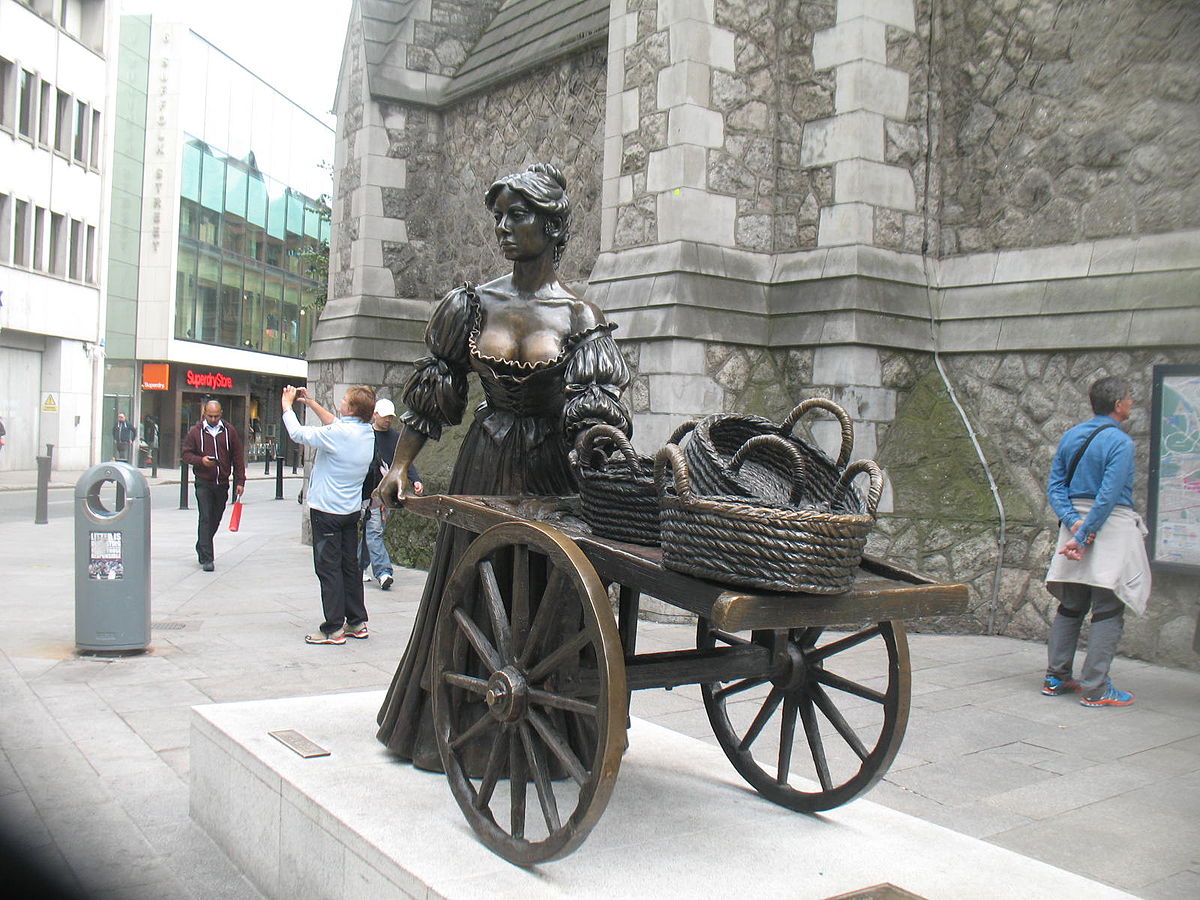Like many farmers, Martin Busin works from dawn till nightfall, but he still needs the help of his cafe-au-lait cow, Miss, to bring in tourists to keep afloat his smallholding in Italy’s mountainous Alto Adige region.
With little farming land and over a million high-cost small farms, Italy started opening farms to tourists in the mid-1960s as a way to revive agriculture. It has been Europe’s leader in agritourism ever since.
Our farm is too small to live off agriculture alone. We needed other activities to survive,” said Busin, 44, who with his wife Waltraud, also 44, turned to “agriturismo” some 20 years ago on their small farm in the hamlet of Trodena in the Dolomite mountains.
The farm is profitable thanks to letting two traditionally decorated apartments in the family’s house to tourists and to a small spa featuring a sauna and hay bath, which add to the feeling of relaxation given by the sleepy village.
Agritourism began in Italy as an effort to stop an exodus from impoverished villages after the Second World War, especially in the south, as the country was breaking away from its rural past.
Years on, it is still vital for Italy’s agriculture, which used to be the main driver for the country’s economy and now accounts for just 2 percent of gross domestic product. Full Story here
Agritourism opportunity in South Africa and the African continent – 7 compelling reasons to get involved
In a recent interview Agritourism Africa founder and managing director Jacqui Taylor discussed the opportunities and challenges for Agritourism in Africa,
What does Africa have to offer as a destination?
- Unique foods;
- Rich biodiversity, pristine locations, and natural beauty;
- Farm stays and experiences which are combined with a rich cultural heritage;
- The continent is home to a variety of tourism offerings;
- Africa’s indigenous crops offer unique food experiences;
- Educational experiences in crop and livestock farming, for example, game breeding;
- Experiential/cultural/heritage tourism;
- Environmental preservation which helps ensure that our natural heritage remains untampered;
- Rich diversity in terms of the continent’s cultural and natural heritage;
- One of the world’s fastest growing tourism region’s, according to the United Nations World Tourism Organisation (UNWTO);
- Activities and attractions in agricultural regions are uniquely African;
- Opportunities abound for ‘out the box’ partnerships with rural communities, where poverty is the primary influencer. Scientists and international companies are already investing in this regard;
- The best way to empower smallholder farmers is to incorporate the farmers into an agritourism route, thereby opening doors to a potential tourism market which can help keep their farming sustainable. To a certain extent, agritourism allows these farmers to diversity, mitigating the effects of climate change and other risk factors;
- Working together creates an opportunity to share information and strengthen communities so as to facilitate a sustainable future which allows for additional income sources for farmers.

According to Taylor there are six ways to transform African agriculture, namely:
- Provide the means to make small farmers more productive (yields in Africa are one third of those in the west). This can be achieved through seeds, fertilizer, and more efficient, holistic solutions-based farming practices, to name three examples;
- Get more land into cultivation, however, identify priority crops;
- Build value chains, for example, effective storage of harvested produce such that it does not go off before it reaches the marketplace;
- Subsistence agriculture requires government intervention, as farming in this manner involves high levels of unpredictability, for example drought;
- Infrastructural development: roads, railways, etcetera;
- Information-sharing through technology: disease outbreak communicated via cellphone, for example.
Taylor concludes: “Africa is one of the fastest growing tourism destinations, with significant opportunities in, particularly AgriTourism. The availability of AgriTourism data is scarce and an opportunity exists in this regard for cross-country collaborations”.
More AgriTourism information here
What does Africa have to offer as a Tourist Destination?




